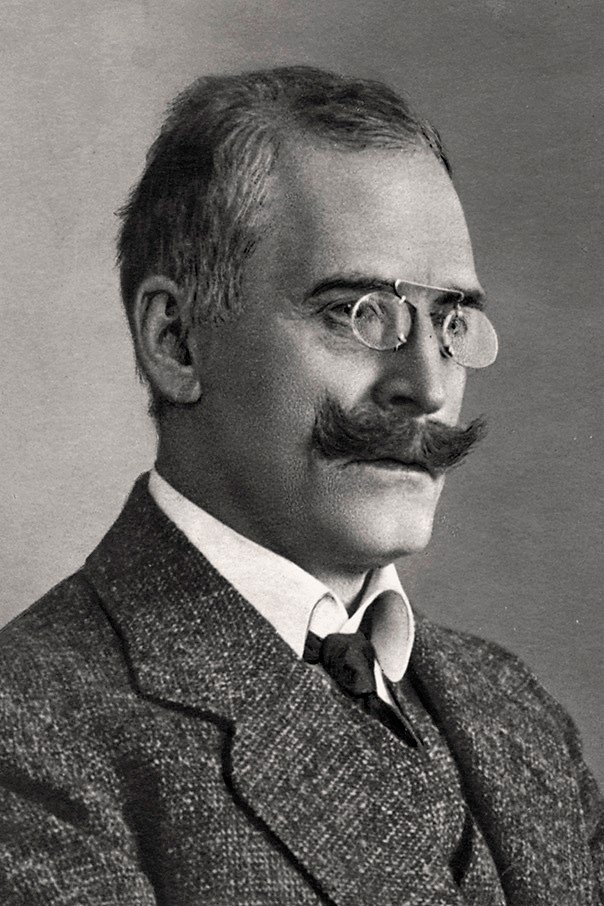


Books that were never available in English, such as a bizarre journal about a half-imagined journey to the Caucasus (“In Wonderland”), some of the short stories, the “wanderer” novels of middle age, and even some early journalism, have recently appeared in translation, along with new editions of his most famous books. And, if there is not yet a Hamsun revival, certainly a Hamsun reëmergence is under way. But, with the recent publication, in Norway, of a two-volume biography by Ingar Sletten Kolloen, of nearly a thousand pages, he no longer seems quite so elusive. Half a century after Hamsun’s death, his politics and, especially, his wartime behavior remain confounding. Singer admitted to being “hypnotized” by him Hesse called him his favorite writer Hemingway recommended his novels to Scott Fitzgerald Gide compared him to Dostoyevsky, but believed that Hamsun was “perhaps even more subtle.” The list of those who loved his sly, anarchic voice is long. He had won the Nobel Prize in 1920, and, unlike other Fascist sympathizers, such as Céline and Pound, he had a deep and lasting grip on his public, that of an enchanter. It was baffling: how could the man who wrote “Hunger,” “Mysteries,” and “Pan”-those surpassingly original books-have had any sympathy for Nazis? Hamsun was not some bitter second-rater.

During the German occupation of Norway in the Second World War, Hamsun had been a collaborator he had met Goebbels and Hitler, and was unrepentant to the end. Several times when I asked about Hamsun’s works, the man behind the counter (it was always a man) would shake his head and declare, “He was a traitor!” I’d try to remember the shop so as not to embarrass myself again. During those months in Copenhagen, I occasionally walked into one of the antiquarian bookstores that could be found all over the city’s Latin Quarter. Hamsun is not so well known in America-perhaps the curse of a minor language-but his influence is certainly felt Isaac Bashevis Singer argued that “the whole modern school of fiction in the twentieth century stems from Hamsun, just as Russian literature in the nineteenth century ‘came out of Gogol’s greatcoat.’ ” In Scandinavia, though, Hamsun meant trouble. I lived for a time in Copenhagen, trying to learn Danish, and that’s when I discovered the Norwegian writer Knut Hamsun, whose career was one of the strangest of the last century.


 0 kommentar(er)
0 kommentar(er)
